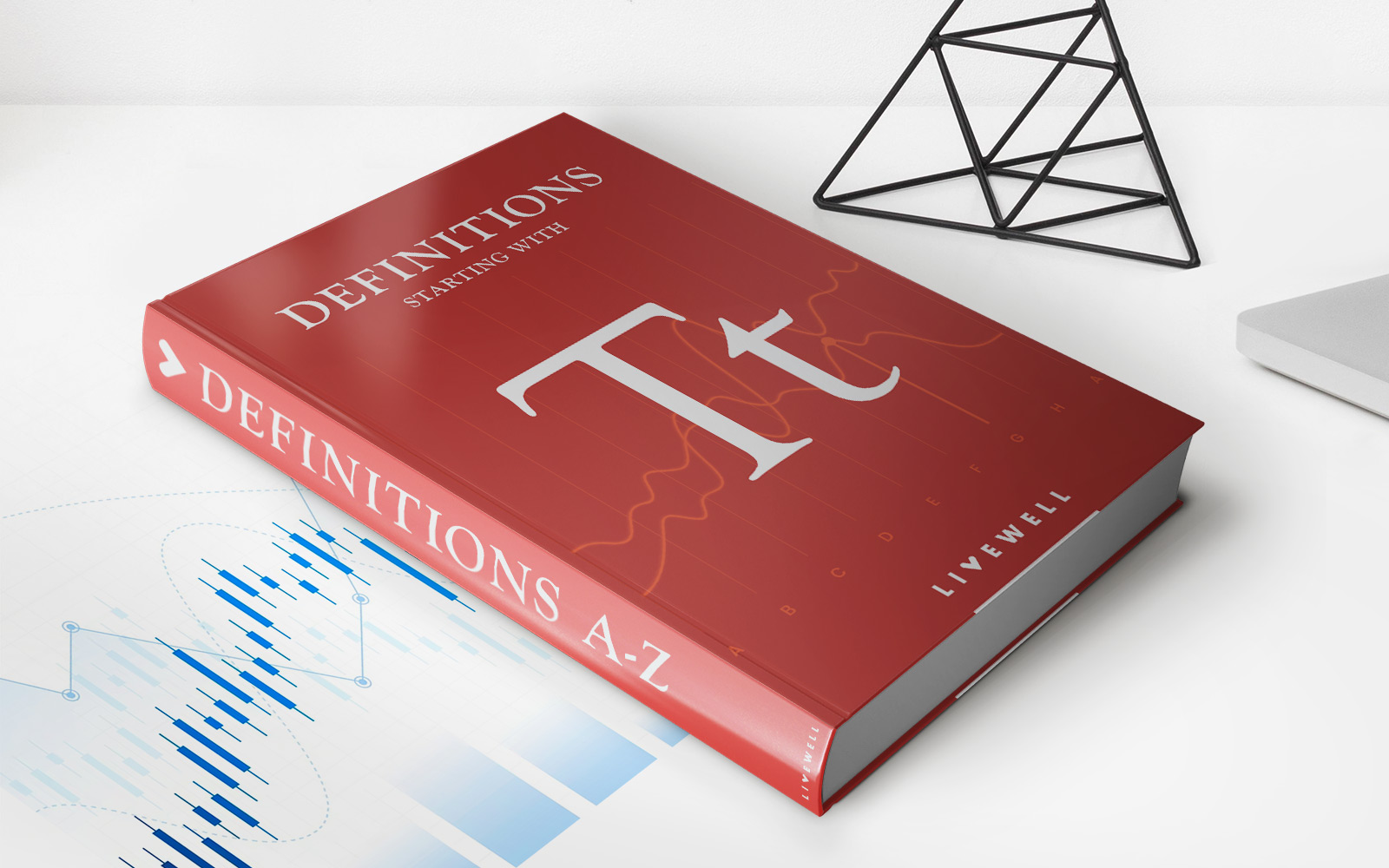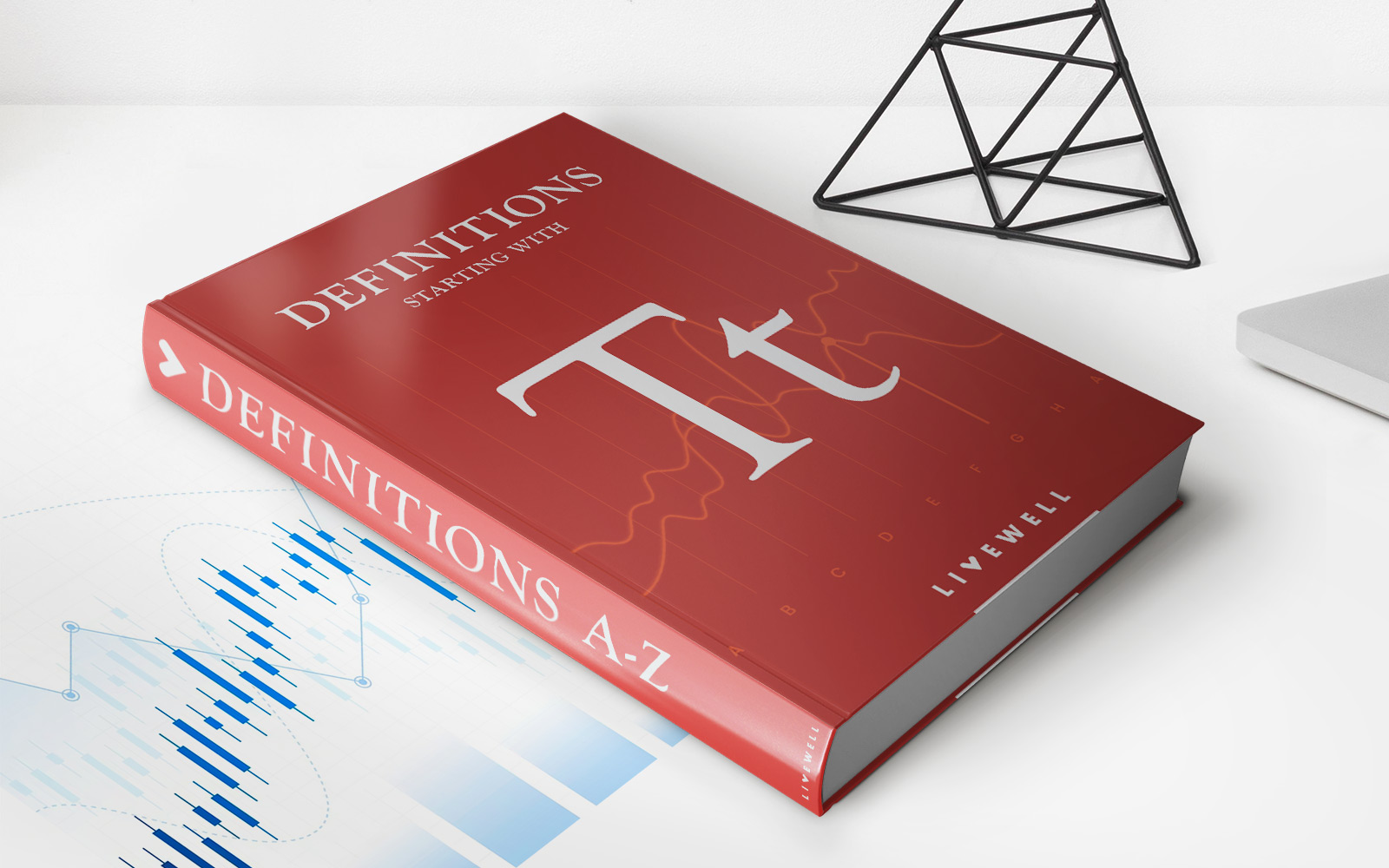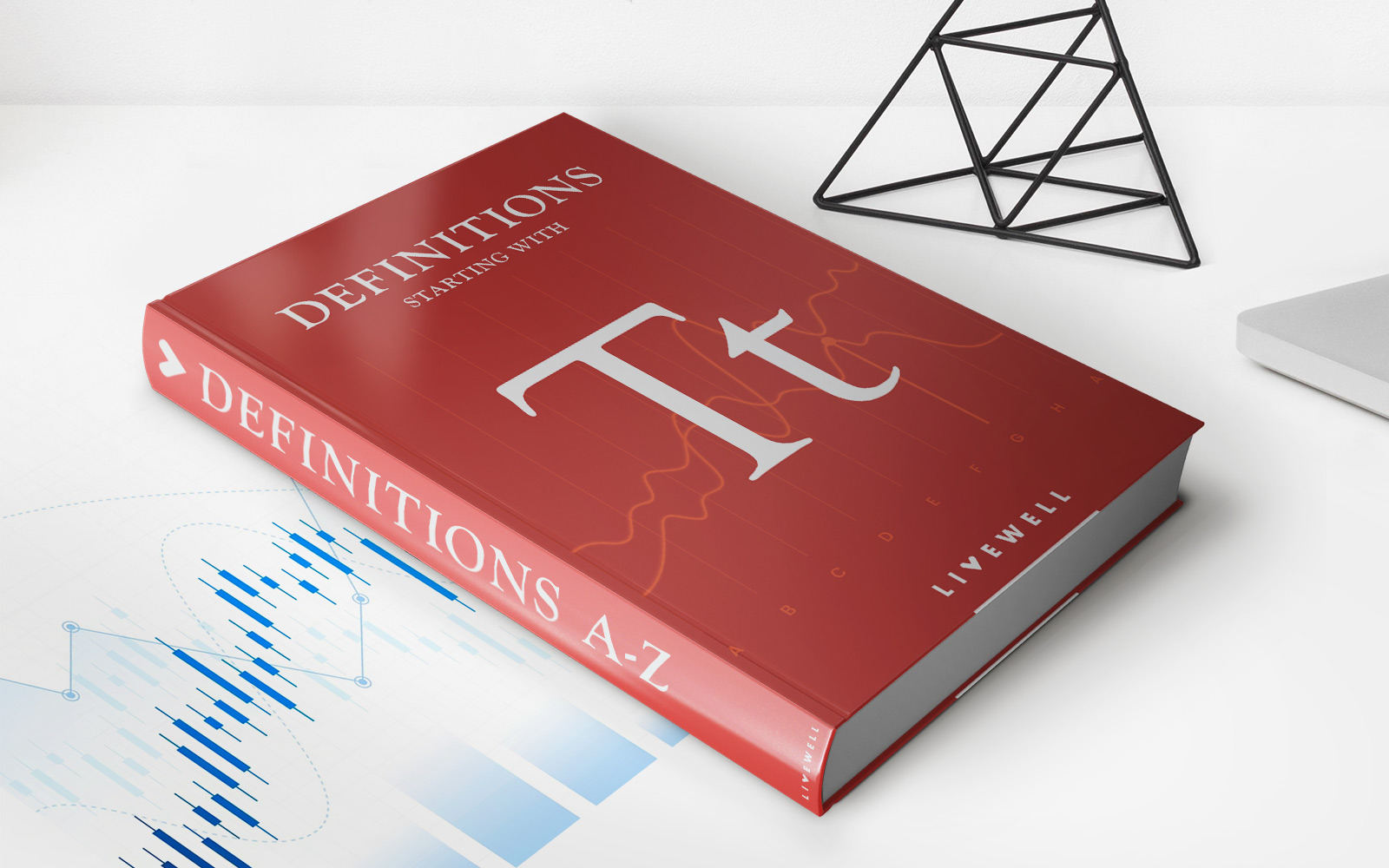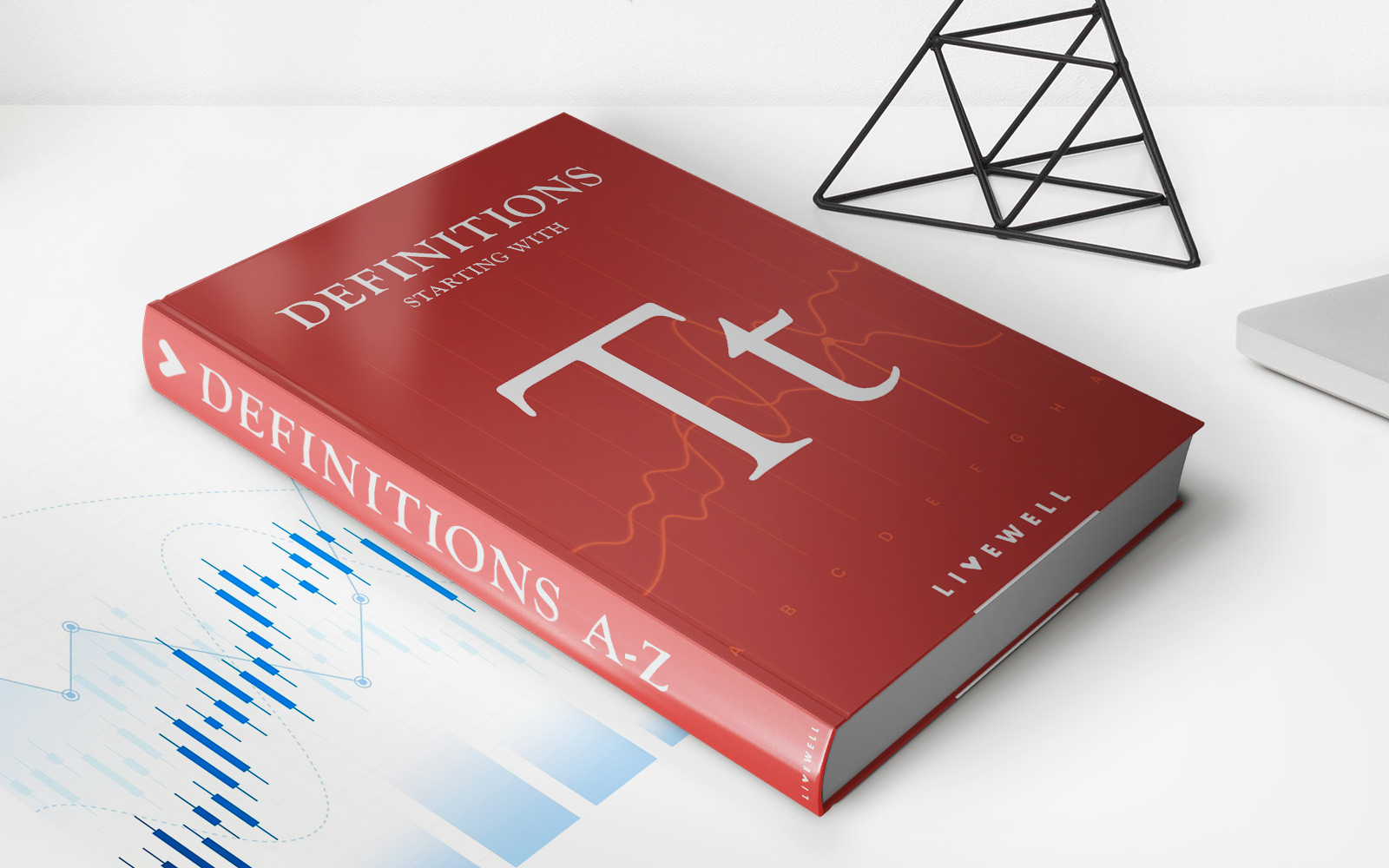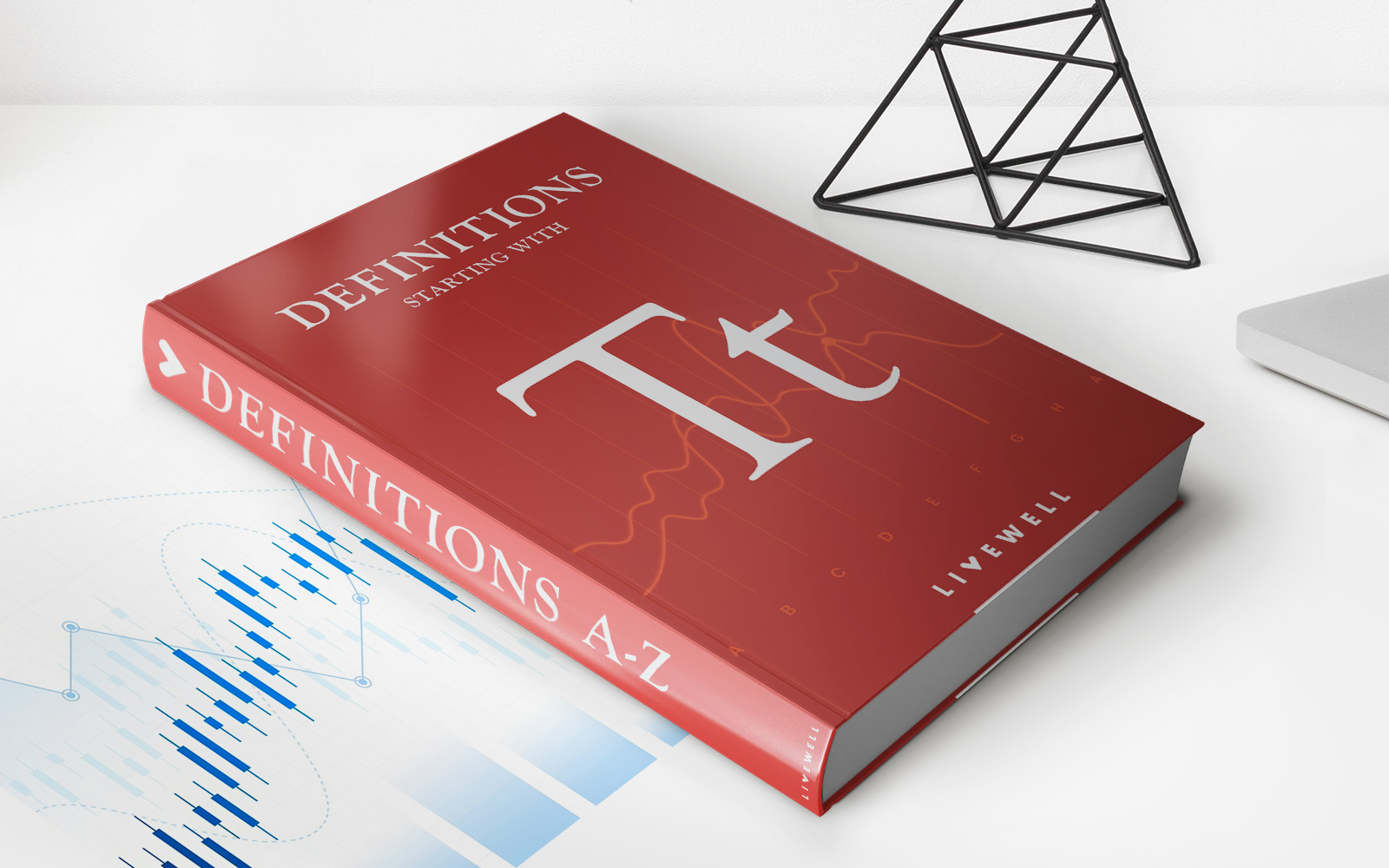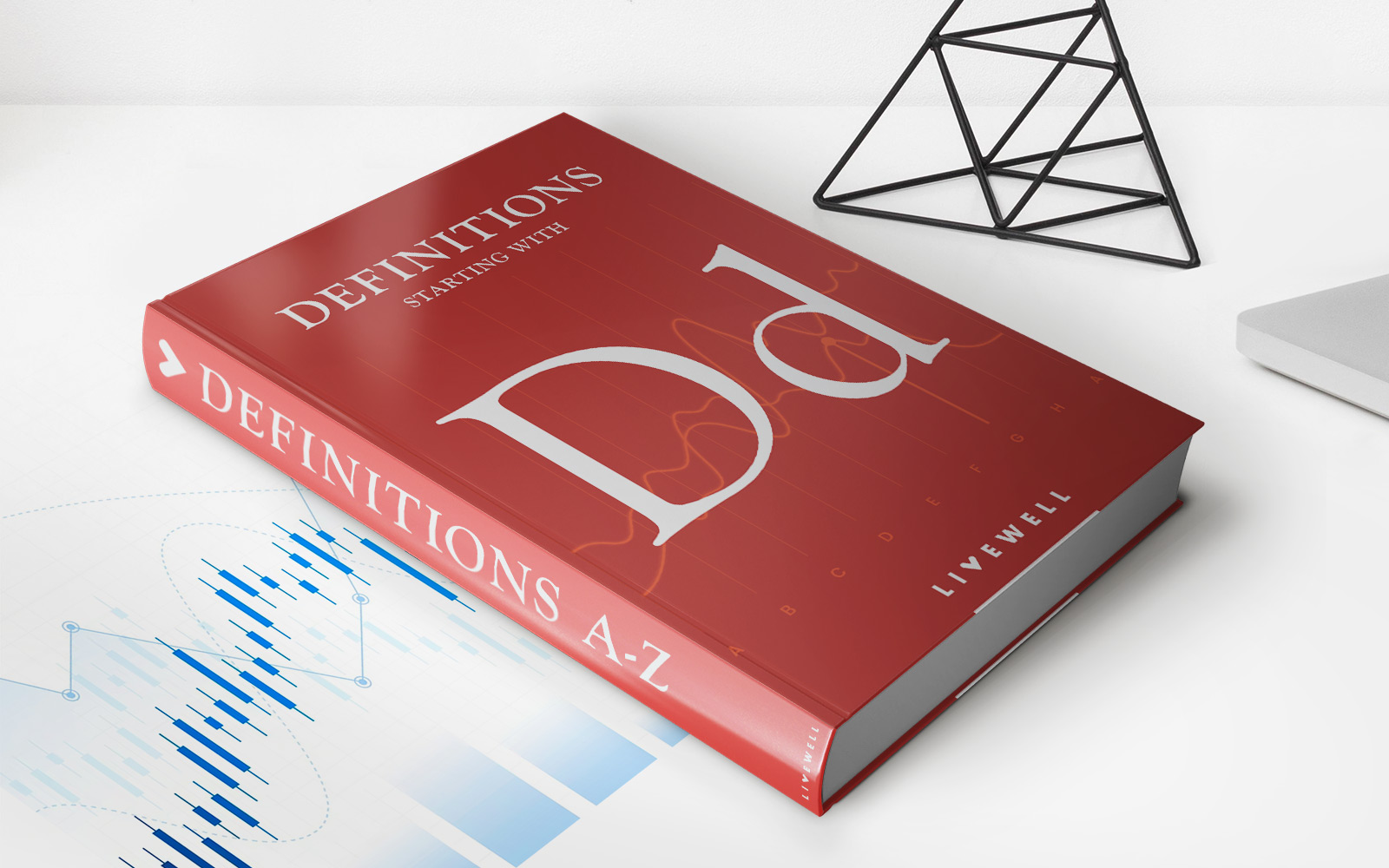

Finance
What Is A Tier 1 Credit Score
Modified: March 5, 2024
Learn what a Tier 1 credit score is and how it can benefit your finances. Gain insights into managing your credit and achieving financial stability.
(Many of the links in this article redirect to a specific reviewed product. Your purchase of these products through affiliate links helps to generate commission for LiveWell, at no extra cost. Learn more)
Table of Contents
- Introduction
- Definition of a Tier 1 Credit Score
- Importance of a Tier 1 Credit Score
- Factors Influencing a Tier 1 Credit Score
- Benefits of Having a Tier 1 Credit Score
- How to Achieve and Maintain a Tier 1 Credit Score
- Differences Between Tier 1 and Other Credit Scores
- Common Misconceptions About Tier 1 Credit Scores
- Conclusion
Introduction
A Tier 1 credit score is a term often used in the world of finance to describe the highest level of creditworthiness an individual can achieve. It represents a stellar credit history and portrays the borrower as highly responsible and trustworthy in managing credit and debt. In simple terms, it is like achieving the gold standard of credit scores.
Having a Tier 1 credit score can open doors to numerous financial opportunities, including access to the best interest rates, favorable loan terms, and higher credit limits. This coveted status is not easily attained and requires strong financial habits, a solid credit history, and consistent responsible behavior when it comes to managing credit.
Understanding what a Tier 1 credit score is, how it is calculated, and the significance it holds can provide valuable insights for individuals looking to improve their creditworthiness and secure their financial future. In this article, we will delve into the details of Tier 1 credit scores, including their definition, importance, influencing factors, benefits, and practical steps to achieve and maintain this elite credit status.
Definition of a Tier 1 Credit Score
A Tier 1 credit score is the highest level of creditworthiness that a borrower can achieve. It represents an individual’s ability to responsibly manage their credit and debt obligations. This score is typically based on a credit scoring model, such as the FICO score or VantageScore, which consider various factors like payment history, credit utilization, length of credit history, credit mix, and new credit applications.
A Tier 1 credit score typically falls within a certain range, which may vary depending on the credit scoring model being used. For example, on the commonly used FICO score scale of 300 to 850, a Tier 1 credit score would be around 750 or higher. However, it’s important to note that different lenders may have their own criteria, so the specific range for Tier 1 may differ slightly.
Having a Tier 1 credit score demonstrates to lenders and financial institutions that the borrower is extremely low-risk and highly likely to repay their debts on time. This makes them an ideal candidate for loans, credit cards, and other financial products with favorable terms and conditions. Lenders see individuals with Tier 1 credit scores as reliable and trustworthy borrowers, making them more likely to approve loan applications and offer competitive interest rates.
It’s worth noting that not all lenders use the term “Tier 1” specifically. Some may refer to it as “excellent credit,” “prime credit,” or “super prime credit,” but they essentially mean the same thing – the highest level of creditworthiness.
Importance of a Tier 1 Credit Score
A Tier 1 credit score holds significant importance in the world of personal finance. It is often seen as a measure of an individual’s financial responsibility and reliability. Here are several key reasons why having a Tier 1 credit score is important:
- Favorable Interest Rates: With a Tier 1 credit score, you are likely to qualify for the lowest interest rates available on loans and credit cards. This can save you a substantial amount of money over time, especially on larger loans such as mortgages.
- Better Loan Terms: Lenders are more likely to offer favorable loan terms, such as longer repayment periods or higher borrowing limits, to individuals with Tier 1 credit scores. This can provide greater flexibility in managing your finances and achieving your goals.
- Access to Premium Credit Cards: Premium credit cards often come with exclusive benefits such as cashback rewards, travel perks, and higher credit limits. These cards are typically reserved for individuals with excellent credit, making a Tier 1 credit score crucial for accessing these premium offerings.
- Higher Chance of Loan Approval: When applying for any type of loan, having a Tier 1 credit score significantly increases your chances of approval. Lenders trust individuals with high credit scores to repay their debts on time, making you a desirable candidate for loans.
- Rent and Utility Applications: Landlords and utility companies often conduct credit checks before approving rental applications or setting up utility services. By having a Tier 1 credit score, you are more likely to be approved quickly and without any additional requirements or deposits.
Overall, a Tier 1 credit score gives you greater financial freedom and flexibility. It allows you to access the best financial products, enjoy lower interest rates, and take advantage of various benefits and perks offered exclusively to those with excellent creditworthiness.
Factors Influencing a Tier 1 Credit Score
Several key factors influence a Tier 1 credit score. These factors are used by credit scoring models to assess an individual’s creditworthiness and determine their score. Understanding these factors is essential in managing your credit responsibly and working towards achieving a Tier 1 credit score. Here are the main factors that influence a Tier 1 credit score:
- Payment History: A strong payment history is one of the most important factors in determining your credit score. Making timely payments on your credit cards, loans, and other debts shows lenders that you are responsible and reliable in meeting your financial obligations.
- Credit Utilization: Credit utilization refers to the percentage of your available credit that you are currently using. To maintain a Tier 1 credit score, it’s recommended to keep your credit utilization below 30%. This demonstrates responsible credit management and indicates that you are not relying heavily on credit.
- Length of Credit History: The length of your credit history is another important factor. Lenders prefer borrowers with a longer credit history, as it provides more data for evaluating their creditworthiness. Having a mix of both old and new credit accounts can be beneficial in establishing a solid credit history.
- Credit Mix: A diverse credit mix can positively impact your credit score. This includes having a combination of different types of credit, such as credit cards, loans, and mortgages. However, it’s essential to manage these accounts responsibly and avoid overextending your credit.
- New Credit Applications: Opening multiple new credit accounts within a short period may negatively impact your credit score. Lenders may interpret this as a sign of financial instability or overreliance on credit. It’s important to be mindful of the number of new credit applications and space them out over time.
- Public Records and Negative Information: Negative information, such as bankruptcies or late payments, can significantly lower your credit score. Maintaining a clean credit history, free from negative marks, is crucial for achieving and maintaining a Tier 1 credit score.
It is important to note that the exact weightage and impact of each factor can vary slightly depending on the credit scoring model being used to calculate the credit score. However, focusing on these key factors will generally lead to a positive impact on your creditworthiness and increase your chances of achieving a Tier 1 credit score.
Benefits of Having a Tier 1 Credit Score
Having a Tier 1 credit score comes with a range of benefits that can greatly enhance your financial life. These benefits are a result of being seen as a highly creditworthy individual. Here are some of the key advantages of having a Tier 1 credit score:
- Access to Lower Interest Rates: One of the most significant benefits of a Tier 1 credit score is the ability to secure loans and credit cards with lower interest rates. Lenders offer preferential rates to borrowers with excellent credit, saving you money in interest charges over the life of your loans.
- Higher Credit Limits: With a Tier 1 credit score, you are more likely to be approved for higher credit limits on your credit cards. This allows you to have greater purchasing power and flexibility when managing your finances.
- Easy Approval for Rental Applications: Landlords often conduct credit checks when evaluating rental applications. Having a Tier 1 credit score makes you a more desirable tenant, increasing your chances of being approved quickly and without any additional requirements.
- Preferred Loan Terms: Lenders offer better loan terms to individuals with excellent credit. This means you may enjoy longer repayment periods, lower monthly payments, and more flexible options when taking out personal loans, auto loans, or mortgages.
- Access to Premium Credit Cards: Tier 1 credit scores often open doors to premium credit cards that come with exclusive perks and rewards, such as travel benefits, cashback offers, and access to airport lounges.
- Qualify for Competitive Insurance Premiums: Insurance companies may consider your credit score when determining your premiums. A Tier 1 credit score can help you qualify for lower rates on auto, home, or life insurance policies, potentially saving you a significant amount of money each year.
- Enhanced Financial Security: A Tier 1 credit score reflects your financial responsibility and stability, providing peace of mind and a sense of security. It demonstrates that you are efficiently managing your debts and reducing the risk of financial strain or default.
Overall, having a Tier 1 credit score opens up numerous financial opportunities and sets you apart as a responsible borrower. It allows for easier access to credit, better loan terms, and a range of additional benefits that can significantly improve your financial well-being.
How to Achieve and Maintain a Tier 1 Credit Score
Achieving and maintaining a Tier 1 credit score requires a combination of responsible financial habits and consistent credit management. While each individual’s credit journey may vary, here are some essential steps to help you achieve and maintain a Tier 1 credit score:
- Pay your bills on time: Consistently making timely payments is crucial for building and maintaining good credit. Set up automatic payments or reminders to ensure you never miss a due date.
- Keep your credit utilization low: Aim to keep your credit card balances below 30% of your credit limit. This demonstrates responsible credit management and can have a positive impact on your credit score.
- Diversify your credit: Having a mix of different types of credit, such as credit cards, loans, and mortgages, showcases your ability to handle a variety of financial obligations responsibly. However, only take on credit that you can manage comfortably.
- Avoid excessive new credit applications: Applying for multiple new credit accounts within a short period can raise concerns for lenders. Only apply for credit when necessary and space out your applications.
- Monitor your credit report: Regularly review your credit report to identify any errors or discrepancies. Addressing these issues promptly can help maintain your credit score and prevent potential negative impacts.
- Limit unnecessary credit card utilization: While it’s important to have and use credit cards, be cautious not to accumulate unnecessary debt. Use credit cards for regular expenses and pay off the balances in full each month to avoid high interest charges.
- Establish a long credit history: The length of your credit history plays a role in determining your credit score. Keep old accounts open even if they are not actively used, as they contribute to the length of your credit history.
- Work with a credit counselor if needed: If you are struggling with your credit, consider working with a reputable credit counseling agency. They can provide guidance on managing your debts, creating a budget, and improving your credit score.
Remember that building and maintaining a Tier 1 credit score is a long-term process that requires discipline and diligence. Focus on responsible credit management, pay your bills on time, and make smart financial decisions to position yourself as a highly creditworthy individual.
Differences Between Tier 1 and Other Credit Scores
While the term “Tier 1” is commonly used to describe the highest level of credit scores, it’s important to note that credit scoring models and terminology may vary among different lenders and credit bureaus. Here are some key differences between Tier 1 credit scores and other credit scores:
- Scoring Models: Different credit scoring models, such as FICO and VantageScore, may have their own criteria for determining credit scores. While Tier 1 generally represents the highest level of creditworthiness, the specific range and thresholds may vary depending on the scoring model being used.
- Credit Score Ranges: Each credit scoring model has its own credit score range. Tier 1 credit scores typically fall within the highest range, such as 750 to 850 for FICO scores. However, the specific range for Tier 1 credit scores can vary slightly among lenders and credit bureaus.
- Interpretation by Lenders: Lenders may have their own criteria for evaluating credit scores. While Tier 1 credit scores are generally seen as highly creditworthy, some lenders may have additional requirements or considerations beyond just the credit score itself.
- Terms Used: Some lenders may not use the term “Tier 1” specifically to refer to the highest credit scores. They may use alternative phrases, such as “excellent credit,” “super prime credit,” or “prime credit.” Despite the terminology differences, they generally represent the same level of creditworthiness.
- Specific Requirements: Certain lenders may have specific requirements to qualify for their best interest rates or loan terms, such as a minimum credit score threshold or additional financial criteria. These requirements may differ across lenders, even within the same tier of credit scores.
It’s essential to keep in mind that regardless of the terminology or specific credit score ranges used, the goal is to have a high credit score and demonstrate creditworthiness. Tier 1 credit scores, or their equivalents, generally come with a range of benefits and opportunities for individuals to access the best financial products and terms available.
Common Misconceptions About Tier 1 Credit Scores
Tier 1 credit scores are often regarded as the pinnacle of creditworthiness, but there can be several misconceptions surrounding them. It’s important to have a clear understanding of what Tier 1 credit scores truly represent. Here are some common misconceptions:
- They guarantee loan approval: While having a Tier 1 credit score significantly increases your chances of loan approval, it does not guarantee it. Lenders may consider other factors, such as income and debt-to-income ratio, in their decision-making process.
- They are the same across all credit scoring models: Tier 1 credit scores can differ depending on the credit scoring model being used. Each model has its own criteria and score ranges, so the specific range for Tier 1 may vary slightly.
- They remain fixed indefinitely: Credit scores are not static, and they can change over time. Your credit score is influenced by various factors, including your credit utilization, payment history, and the length of your credit history. Regularly monitoring your credit and practicing responsible financial habits are essential for maintaining a Tier 1 credit score.
- They can’t be achieved with a limited credit history: It is possible to achieve a Tier 1 credit score with a relatively short credit history. By establishing a pattern of responsible credit management and making timely payments, individuals with limited credit history can still achieve an excellent credit score.
- Only the wealthy can achieve Tier 1 credit scores: While having a high income can make it easier to manage credit, anyone can achieve a Tier 1 credit score with disciplined financial habits and responsible credit management. It’s more about consistently paying bills on time, keeping credit utilization low, and maintaining a good credit history.
- They are impossible to improve: Even if you don’t have a Tier 1 credit score currently, it is possible to improve your credit over time. By following sound financial practices, such as paying bills on time, reducing debt, and regularly monitoring your credit, you can gradually raise your credit score and work towards achieving a Tier 1 status.
It’s important to dispel these misconceptions to have a realistic understanding of what Tier 1 credit scores entail. While they are a significant achievement and offer numerous benefits, they are not immune to changes and require ongoing effort to maintain and improve.
Conclusion
A Tier 1 credit score represents the highest level of creditworthiness, showcasing responsible financial habits and a solid credit history. Achieving and maintaining a Tier 1 credit score can open doors to numerous financial opportunities, including access to the best interest rates, favorable loan terms, and higher credit limits.
To attain a Tier 1 credit score, individuals need to focus on key factors such as making timely payments, keeping credit utilization low, diversifying credit, and maintaining a clean credit history. These responsible financial habits will not only help achieve a Tier 1 credit score but also lead to overall financial stability and security.
It’s important to understand that Tier 1 credit scores may vary slightly depending on the scoring model and lender’s criteria. However, the general concept remains the same – demonstrating a high level of creditworthiness and reliability in managing credit and debt.
While there are common misconceptions about Tier 1 credit scores, it’s crucial to have a clear understanding of what they truly represent. They are not a guarantee of loan approval or fixed indefinitely. Credit scores are dynamic and can change over time, so consistent credit management and responsible financial behavior are necessary for maintaining a Tier 1 credit score.
By implementing the strategies discussed in this article, individuals can improve their creditworthiness and work towards achieving a Tier 1 credit score. Remember, it’s never too late to start building a solid credit foundation and reaping the benefits of excellent credit.
Ultimately, maintaining a Tier 1 credit score requires disciplined financial habits, responsible credit management, and ongoing monitoring of one’s credit. By doing so, individuals can enjoy the advantages of having a Tier 1 credit score and achieve greater financial success and stability in their lives.


